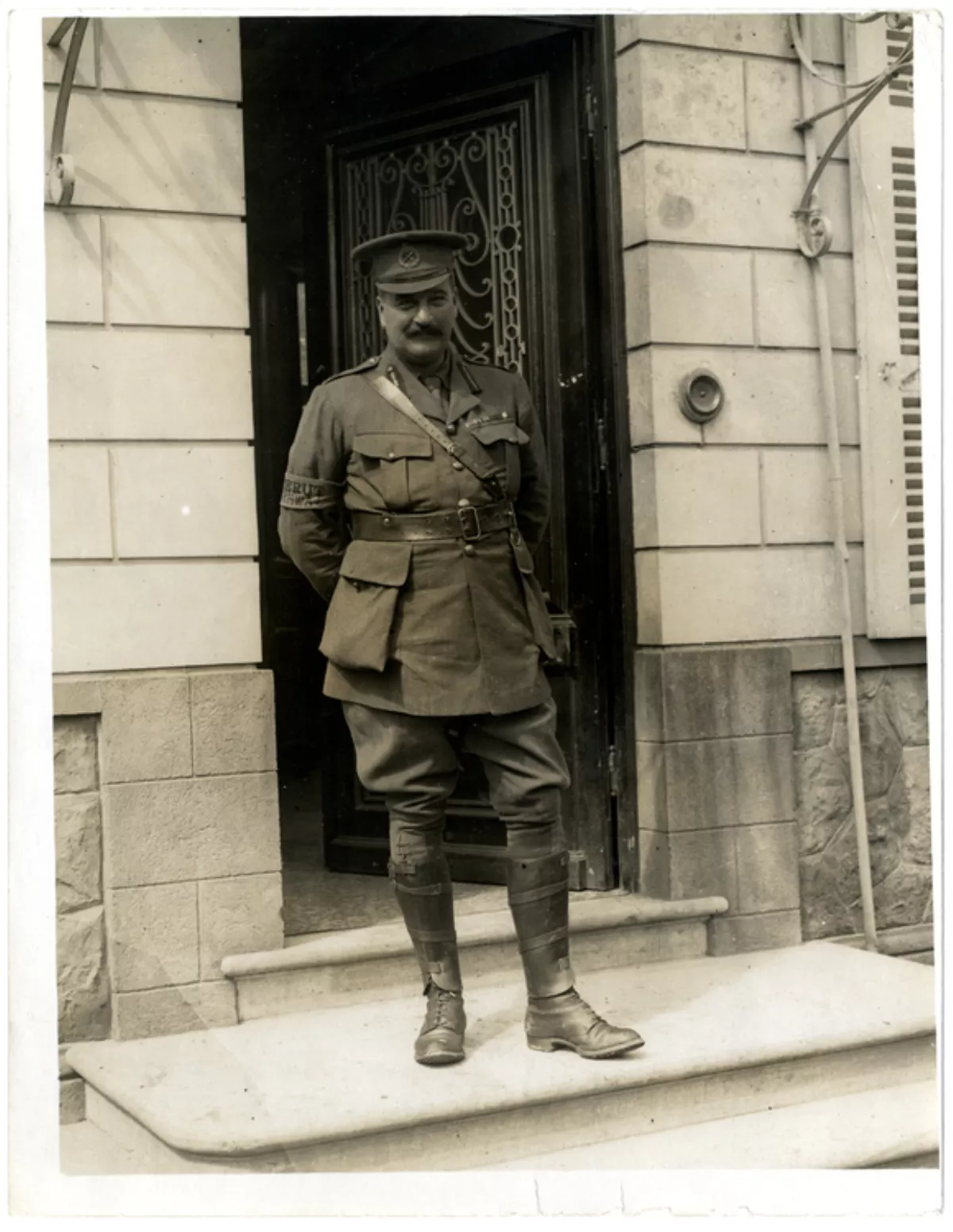 1.
1. Charles Blackader commanded an Indian brigade on the Western Front in 1915, and a Territorial brigade in Dublin during the Easter Rising of 1916, before being appointed to command the 38th Division on the Western Front, a position he held until retiring due to ill-health in May 1918.